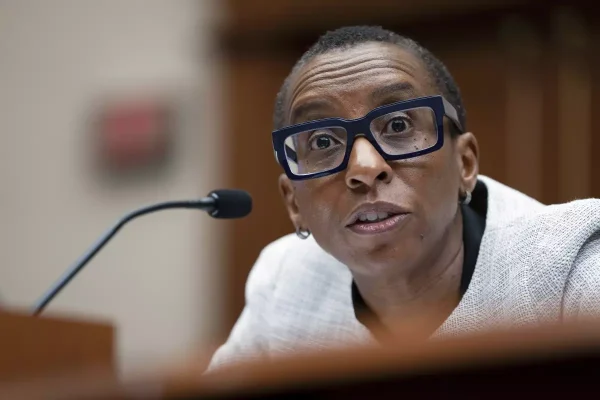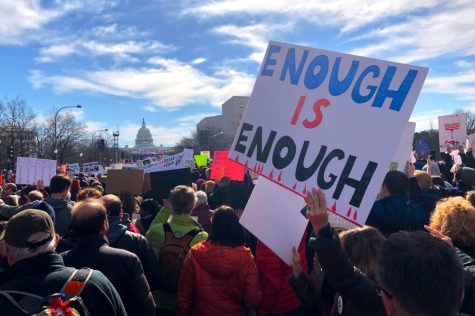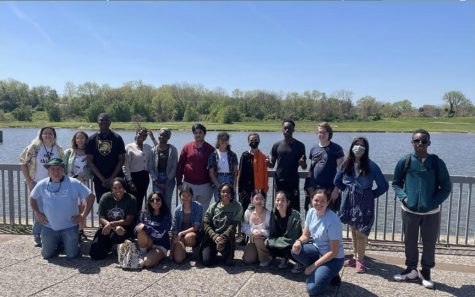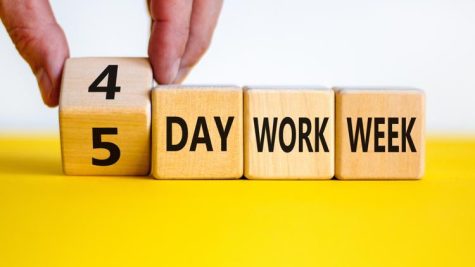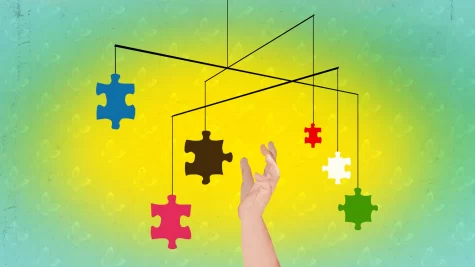Protests Are Ineffective When The System Supports Them
April 13, 2018
Tinker v. Des Moines Independent Community School District, the 1969 landmark Supreme Court case, set a precedent for public school protests that adheres in the United States today. It was ruled that students attending public schools do not “shed their constitutional rights to freedom of speech and expression at the schoolhouse gate.”
However, they are not protected from punishment when protests or expressions of speech disrupt educational learning times. Had a school considered the 17-minute protest against gun violence that occurred nation-wide on March 14 as disruptive, student could have been punished even to the extent of expulsion.
The most effective protests tend to arise from disruptions that force people to feel uncomfortable and address the opinions of those that are anti-status quo. For an institution or government to feel the weight of a organization’s grievances and want to consider their wants, they have to be hurt financially, economically or through their reputation.
According CSMonitor, the 1955 Montgomery Bus Boycott was such a huge success at reducing racial discrimination on public transit because African-Americans and civil right sympathizers composed so much of Montgomery, Alabama transit riders. Bus companies immediately saw a loss in profits when protesters stopped using their services, and were forced to adhere to their wants if they wanted to stay in business.
ERHS administration went so far in their support of the ‘student-led’ protest, they provided extra security guards, dismissed students by floor level, and adjusted the bell schedule to fit the time parameters of the walkout. Students who walked out suffered no consequences and left feeling momentary empowerment after hearing speeches supervised by the administration.
This is not to say that the protest was completely ineffective, but no one involved had to leave their comfort zone or make any significant sacrifices in the walkout. Government representatives made effortless comments in support of the students and classes continued the next day as usual. Students made very powerful statements, but no action strong enough to make congressmen propose new gun legislature took place.



